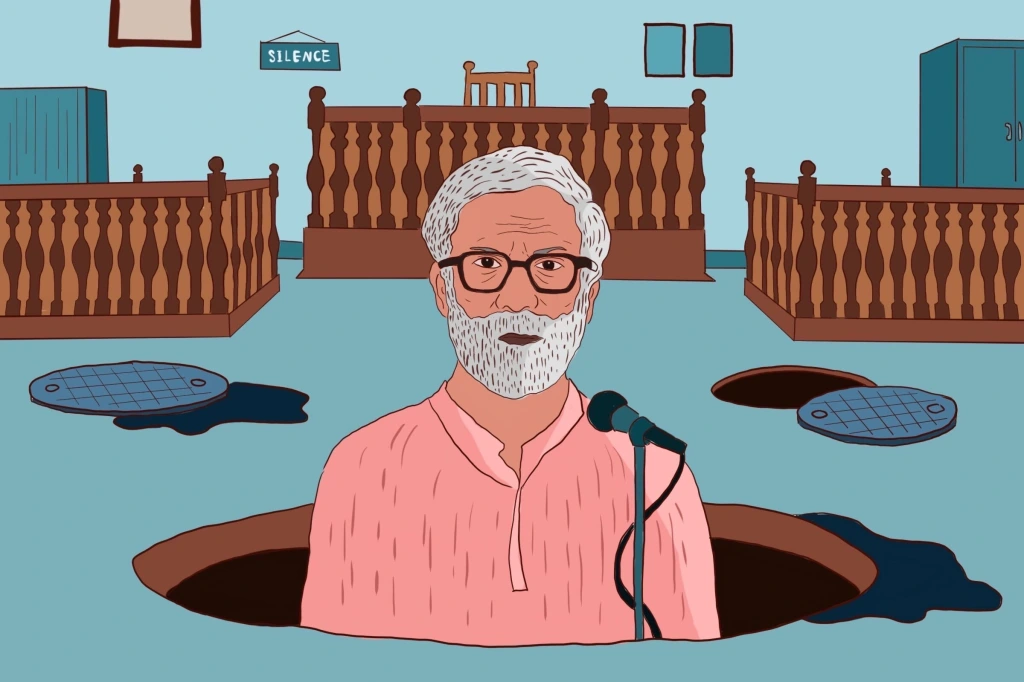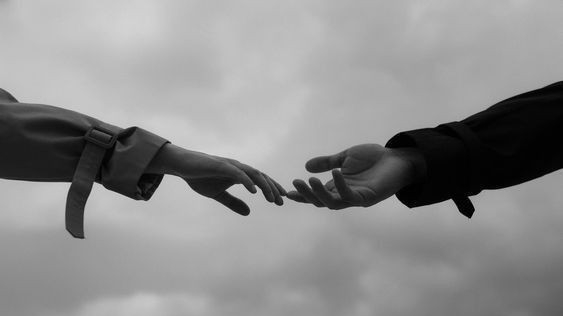“we should rid ourselves of our colonial mentality of obeisance or servitude, or words to that effect, and address one another as Mr or Mrs. No more Sirs and Ma’ams. We are a nation of equals. No more kowtowing to the white men. They are not superior to us in any way. And so we strove to become equals in the world of unequal.”
— Lee Kuan Yew, First Prime Minister of Singapore.
When we read these words by Lee Kuan Yew (one of the best orators in Asian history) quoted soon after Singapore became an independent nation, many of us ( Indians ) will wonder why didn’t we ( India ) overthrow the sir/ma’am culture of Britishers !?
But see, we had our own honorifics in traditional Indian languages that we were using before Britishers entered the India. { example: Ji in Hindi, Rao in Marathi, babu in Bengali, guru in Telugu and also the words like Sahab etc. }
So, we can say that addressing boss/superior/elders as sir/ma’am shows the Indian culture of respecting elders and superiors. It also signifies the humbleness of the Indian people.
But, in the era of rapid globalization, the work cultures of most countries have undergone a paradigm shift. Now, workplaces worldwide are evolving and thriving as team environments, especially the workplace culture in western countries where subordinates often address their bosses with names. Whereas in the Indian workplace, calling sir is a norm.

Everyone will agree that the colleagues at the workplace are no different from our family members. And the relationships in a professional space play a significant role in the development of the company.
Addressing people by their names { No matter what is the age of the person or the designation } makes the work culture in the USA more “friendly”. I’m not sure whether this is a good trend or wrong, but it is happening.
No, I’m not stereotyping, but in contemporary India. However, more workplaces are modernized, there is a lack of liberty in the boss-subordinate relationship, which affects the free-flow of communication in the organization { except few IT firms }, because our way of addressing creates a mentality of someone being superior, the other being inferior, and that’s why subordinate cannot openly disagree with the boss.
But even after knowing all these things, I’d like to confess that I’ll be very uncomfortable in calling elders/bosses by their names because of the culture that we were born and brought up in. This sounds logical to show some respect/humbleness to elders/superiors, even in general conversations.

Schools and colleges in India also encourage using ‘SIR’ instead of names. So we are accustomed to this way of addressing. If we try to find a middle path, instead of sir/ma’am, we can use Mr/Ms/Mrs with their names. Underline ‘with their names’ because many people ( mainly we, Indians ) find it as a disrespectful term.
But again, I don’t think I’ll be comfortable calling teachers like Ms Jagtap/ Mr Suryawanshi etc.; also, I’m pretty sure that they won’t like it at all if I do so.

The mantra for the industry is to keep the employees happy so that they, in turn, produce better results and keep customers happy. But is it really important to eradicate Sir/Ma’am culture? Because, unlike Americans who get offended by titles like sir/ma’am ( because it makes them feel old ), We Indians appreciate and expect being addressed by such titles.
I don’t know how but such unwritten rules are ingrained deep in our society.
{ there are always some exceptions }
You must have understood that I’m baffled about this new trend.
So, I’m going to end this article with some questions rather than writing a conclusion.
Honorifics badges are the products of our colonial past? Or a unique part of our culture?
What do you think about this new trend in which we do not address each other as ‘Sir’ or ‘Mam’? No matter the age of the person or the designation, should we call them by their names?
Copyrighted © 2017
Mahesh Mali |Awesomengers
ALL RIGHTS RESERVED






Leave a comment